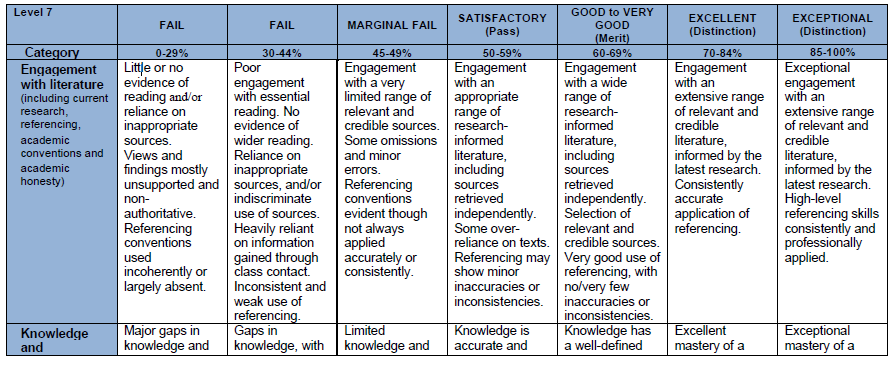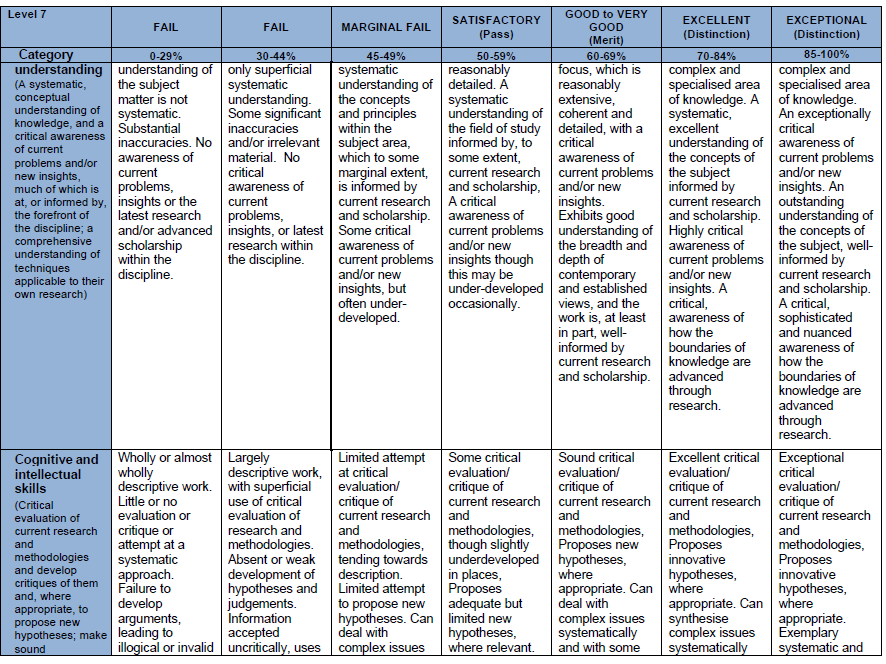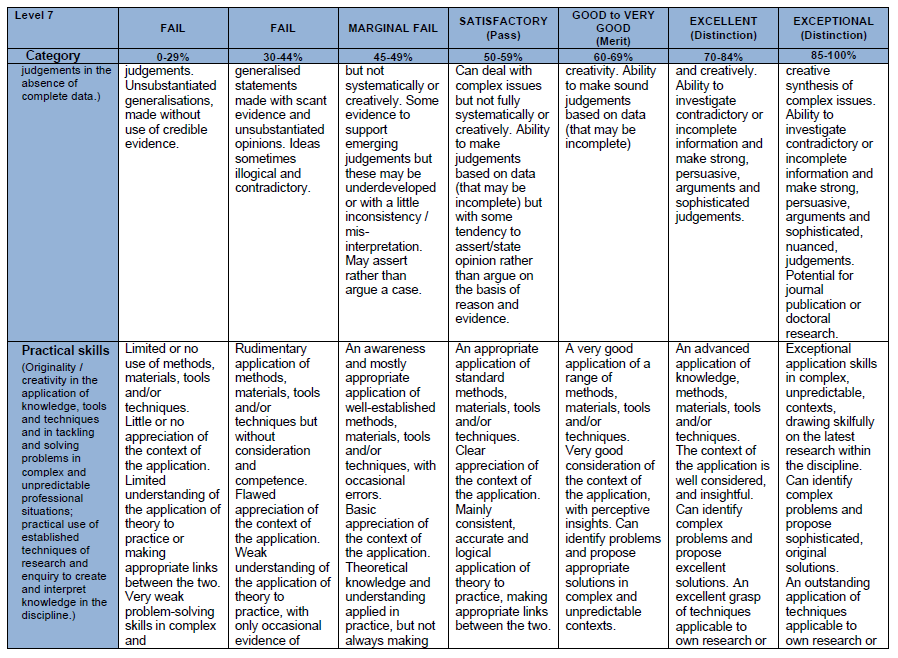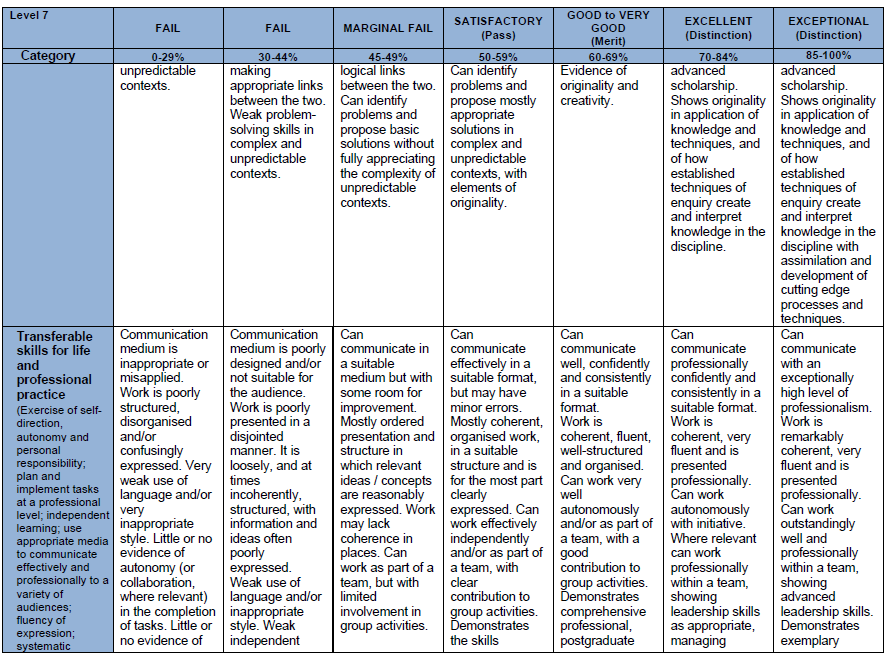LCMB7024 Marketing Management L7 Assessment 1 Task: MKIS
LCMB7024 TASK DESCRIPTION
A Marketing Information System (MKIS) is a structured framework designed to collect, process, store, and distribute marketing data, enabling businesses to make informed decisions. It’s true value lies in generating customer insights, which help companies understand customer needs, wants, and preferences. Additionally, by applying Customer Relationship Management (CRM) within MKIS, businesses can improve customer interactions and enhance customer experience. To showcase an understanding of MKIS and CRM, please address the following two tasks:
Task 1: Explain the role of MKIS in supporting businesses in gaining customer insights.
- Explain the role and importance of Marketing Information Systems (MKIS) in improving the marketing decisions.
- Clarify how MKIS helps businesses collect, process, and analyse customer data to gain insights into customer purchasing patterns.
- Provide examples to illustrate how companies use MKIS to predict customer needs and improve customer experiences.
Task 2: Critically appraise the application of CRM in MKIS to enhance customer experience.
- Within the MKIS, evaluate how firms are applying Customer Relationship Management (CRM) to enhance customer experience.
- Critically appraise the benefits and challenges of the application of CRM.
- Provide examples to support your statements.
Are You Looking for Answer of LCMB7024 Assessment 1
Order Non Plagiarized Assignment
LCMB7024 GUIDANCE FOR STUDENTS IN THE COMPLETION OF TASKS
- Engagement with Literature Skills
Your work must be informed and supported by scholarly material that is relevant to and focused on the task(s) set; you should make use of scholarly reviews and primary sources, as appropriate (for example, refereed research articles and/or original materials appropriate to the discipline). You should provide evidence that you have accessed a wide range of sources, which may be academic, governmental and industrial; these sources may include academic journal articles, textbooks, current news articles, organisational documents, and websites. You should consider the credibility of your sources; academic journals are normally highly credible sources while websites require careful consideration/selection and should be used sparingly. Any sources you use should be current and up-to-date, mostly published within the last five years or so, though seminal/important works in the field may be older. You must provide evidence of your research/own reading throughout your work, using correctly a suitable referencing system, including in-text citations in the main body of your work and a reference list at the end of your work.
Guidance specific to this assessment:
- Engage with a wide level of reading, a minimum of 7-10 references, from a variety of credible literature sources informed by the latest research.
- Tables, charts, diagrams, graphs and images should be properly cited.
- The references should be properly cited in text and listed according to the UWTSD Harvard Referencing Style (Cite them right).
Knowledge and Understanding Skills
At level 7, you should be able to demonstrate a systematic understanding of knowledge, and a critical awareness of current problems and/or new insights, much of which is at, or informed by, the forefront of your academic discipline, field of study or area of professional practice, with a comprehensive understanding of techniques applicable to your own research or advanced scholarship. Your work must demonstrate your growing mastery of these concepts, principles, current challenges, innovation and insights associated with the subject area. Knowledge relates to the facts, information and skills you have acquired through your learning. You demonstrate your understanding by interpreting the meaning of the facts and information (knowledge). This means that you need to select and include in your work the contemporary concepts, techniques, models, theories, etc. appropriate to the task(s) set. You should be able to explain the theories, concepts, etc. meaningfully to show your understanding. Your mark/grade will also depend upon the extent to which you demonstrate your knowledge and understanding; ideally each should be complete and detailed, with comprehensive coverage.
Guidance specific to this assessment:
- Demonstrate knowledge and understanding of the relevant models/concepts of the subject. In particular, related to MKISand CRM.
- Display awareness of current problems and/or new insights of the subject.
- Cognitive and Intellectual Skills
You should be able to: evaluate critically current research and advanced scholarship in the discipline; evaluate methodologies and develop critiques of them and, where appropriate, to propose new hypotheses; deal with complex issues both systematically and creatively to make sound judgements in the absence of complete data. Your work must contain evidence of logical, analytical thinking, evaluation and synthesis. For example, to examine and break information down into parts, make inferences, compile, compare and contrast information. This means not just describing what! But also justifying: Why? How? When? Who? Where? At what cost? At all times, you must provide justification for your arguments and judgements. Evidence that you have reflected upon the ideas of experts within the subject area is crucial to you providing a reasoned and informed debate within your work. Your choice of methodologies to gather data and information must be rigorously defended. Furthermore, you should provide evidence that you are able to make sound judgements and convincing arguments using data and concepts. Sound, valid, persuasive conclusions are necessary and must be derived from the content of your work. Where relevant, alternative solutions and recommendations may be proposed.
Guidance specific to this assessment:
- Demonstrate critical evaluation/critique of current research and methodologies.
- Provide systematic and creative synthesis of complex issues related to the assessment task(s).
- Investigate contradictory or incomplete information and make arguments and judgements.
- Provide evidence to support your arguments and judgements.
- Practical Skills
At level 7, you should be able to demonstrate originality in the application of knowledge, together with a practical understanding of how established techniques of research and enquiry are used to create and interpret knowledge in the discipline. This includes acting autonomously in planning and implementing tasks at a professional or equivalent level, originality in tackling and solving problems, and decision-making in complex and unpredictable contexts or situations.
You should be able to demonstrate mastery of the leading-edge subject-related concepts and ideas as they relate to real world situations and/or particular contexts. How do they work in practice? You will deploy models, methods, techniques, and/or theories, in those contexts or circumstances, to assess current situations, perhaps to formulate plans or plausible, justifiable recommendations to solve problems, or to propose new models, or to create artefacts, which may be innovative and creative, thereby demonstrating your understanding of how the boundaries of knowledge are advanced through research and/or application. This is likely to involve, for instance, the use of real-world artefacts, examples and cases, the application of a model within an organisation and/or benchmarking one theory or organisation against others.
Guidance specific to this assessment:
- Properly implement the suitable tools and approaches to address the task/s requirement(s).
- Detailed, current facts and figures should be included to support statements made.
- Focus only on the task(s) and question(s) set in the assignment.
- Transferable Skills for Life and Professional Practice
Your work must provide evidence of the qualities and transferable skills necessary for postgraduate-level employment in circumstances requiring sound judgement, personal responsibility and initiative in complex and unpredictable professional environments. This includes demonstrating: the independent learning ability for continuing professional development to advance existing skills and acquire new competences of a professional nature that will enable you to assume significant responsibility within organisations; that you can initiate and complete tasks, projects and procedures, whether individually and/or collaboratively, to a professional level; that you can use appropriate media to effectively communicate information, arguments and analysis in a variety of forms for a variety of audiences; fluency of expression; clarity and effectiveness in presentation and organisation. Work should be coherent and well-structured in presentation and organisation.
Guidance specific to this assessment:
- Apply Arial font style, size 12, 1.5 line spacing and page numbering.
- Follow the word count requirement.
- Tables, charts, diagrams, graphs and images should be properly named.
- Work must be presented in a professional manner (Fluency, format and correct spelling/grammar)
- The title page should include the University’s logo, the programme name, the name and code of the module, the lecturer’s name, the name and ID of the student, the word count, and the submission date.
- A table of contents is required. It should be automatically generated by MS Word.
LCMB7024 GENERIC ASSESSMENT CRITERIA
Level 7 In accordance with the Framework for Higher Education Qualifications, at the end of Level 7 students should be able to demonstrate: a systematic understanding of knowledge, and a critical awareness of current problems and/or new insights, much of which is at, or informed by, the forefront of their academic discipline or area of professional practice; a comprehensive understanding of techniques applicable to their own research or advanced scholarship; originality in the application of knowledge, together with a practical understanding of how established techniques of research and enquiry are used to create and interpret knowledge in the discipline; conceptual understanding that enables the student to evaluate critically current research and advanced scholarship in the discipline to evaluate methodologies and develop critiques of them and, where appropriate, to propose new hypotheses. They will be able to deal with complex issues both systematically and creatively, make sound judgements in the absence of complete data, and communicate their conclusions clearly to specialist and non-specialist audiences. They will demonstrate self-direction and originality in tackling and solving problems, and act autonomously in planning and implementing tasks at a professional or equivalent level to continue to advance their knowledge and understanding, and to develop new skills to a high level. They the qualities and transferable skills necessary for employment requiring the exercise of initiative and personal responsibility; decision-making in complex and unpredictable situations/professional environments; and the independent learning ability required for continuing professional development.




